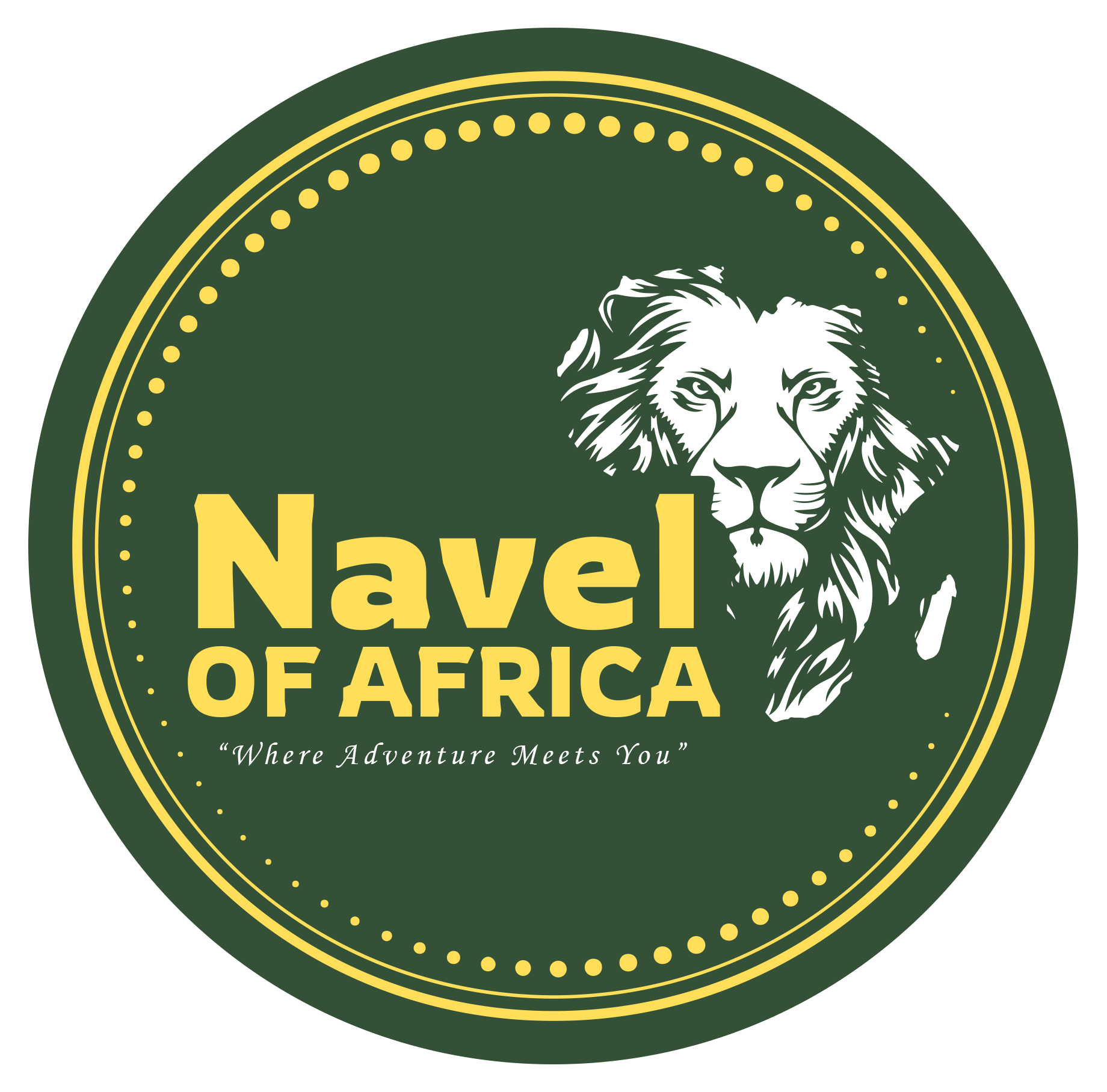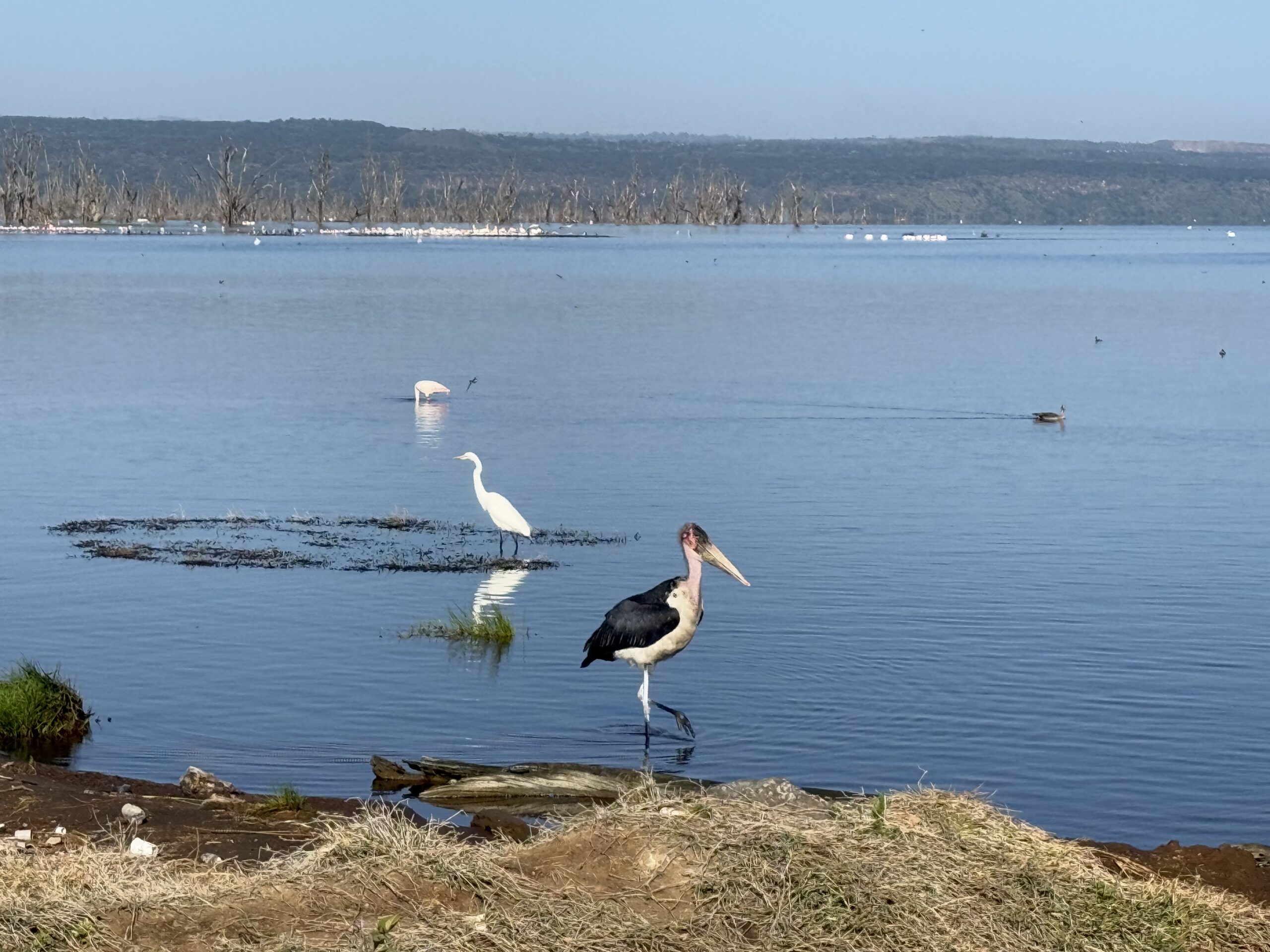
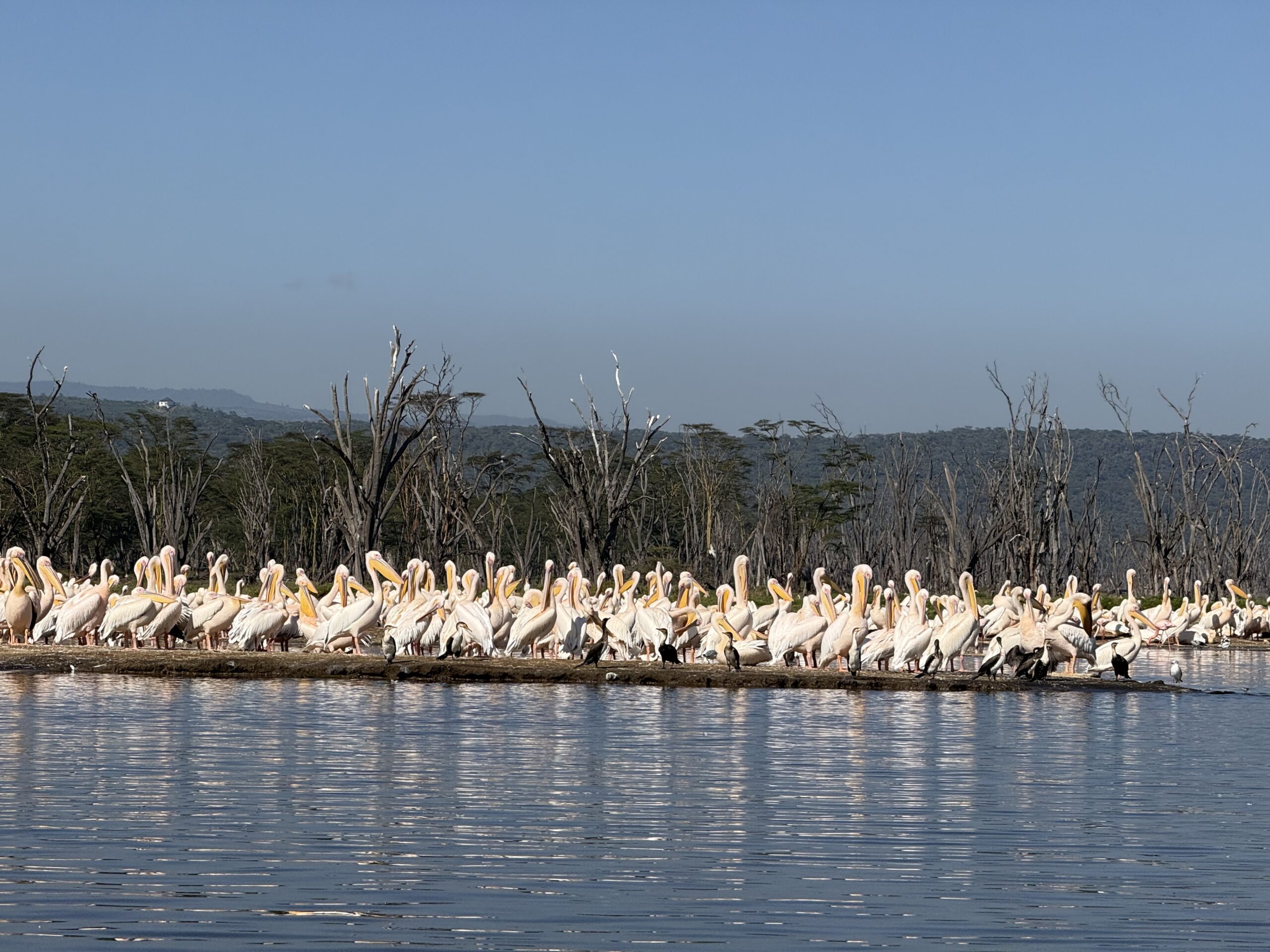
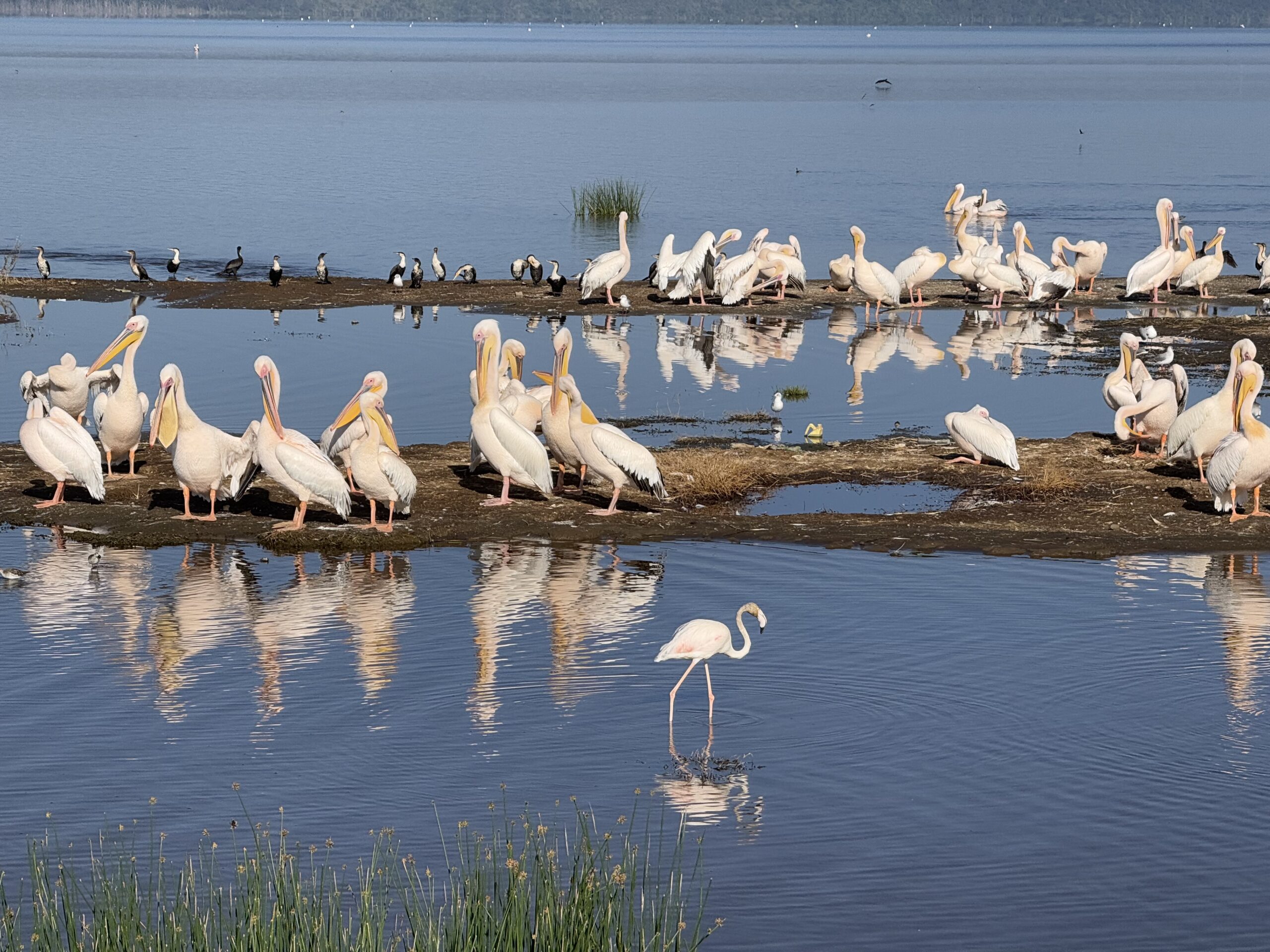

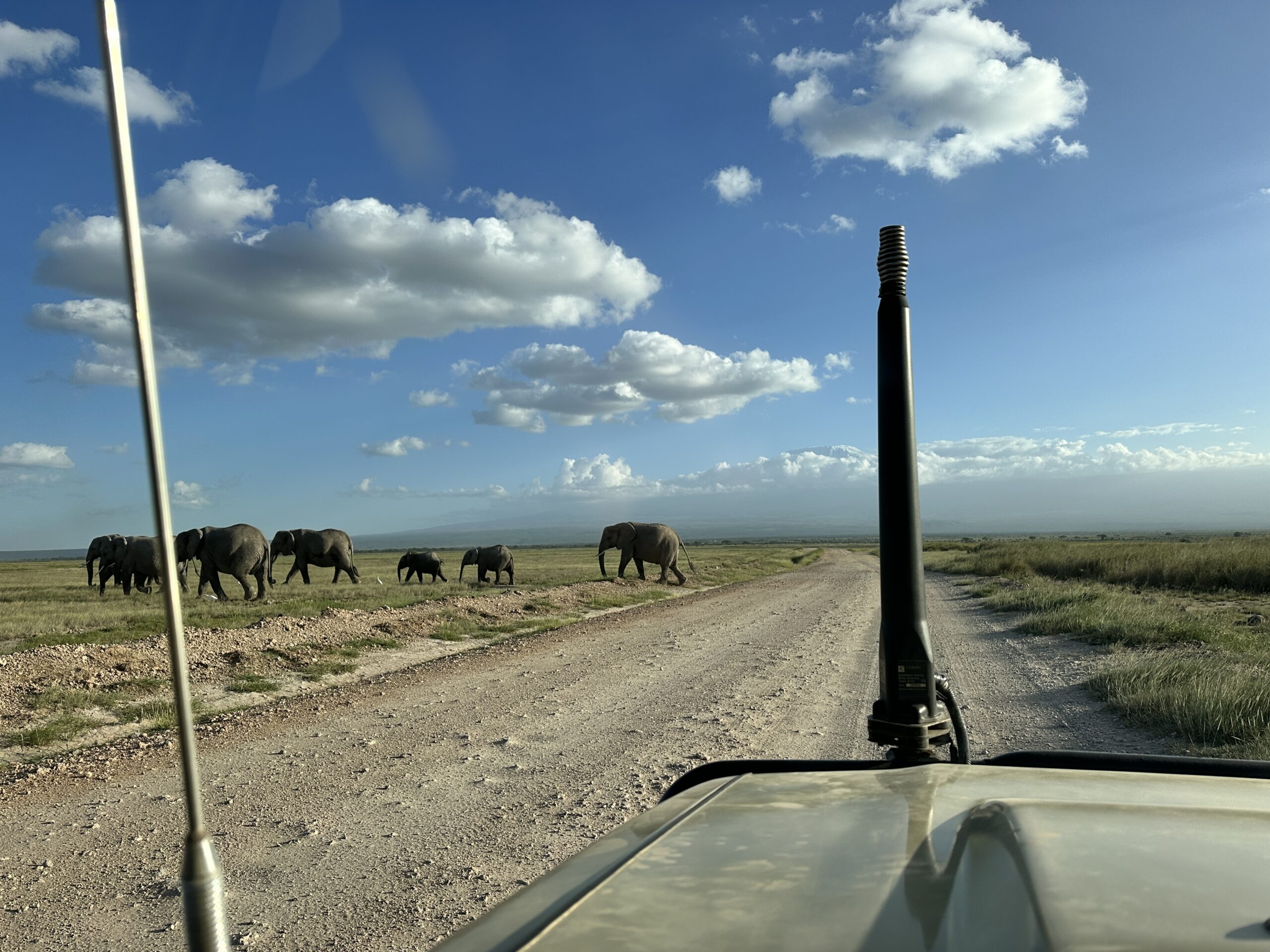
Why a Local Tanzanian Safari Company Matters
When planning your Tanzania safari, one of your most important decisions is how to book: through international tour operators or directly with local Tanzanian companies. This choice affects your costs, experience quality, and impact on local communities.
As the founder of a locally owned Tanzanian safari company, I have a perspective on this question – but I’ll provide honest analysis of both options so you can make an informed decision based on your priorities.
Understanding the Booking Landscape
The Tanzania safari industry has three main booking channels:
International Tour Operators (Europe/US/Australia based): Large companies marketing safaris globally, handling bookings in your home country, then contracting with Tanzanian ground operators to deliver services.
Online Travel Agencies (OTAs): Platforms like Viator, GetYourGuide, or safari aggregator websites connecting travelers with ground operators while taking commission.
Local Tanzanian Safari Companies: Tanzania-based operators owning their own vehicles and employing their own guides, handling everything from booking through execution.Each channel has advantages and drawbacks. Let me break them down honestly.
International Tour Operators: The Pros
Brand Recognition and Perceived Security
Large international companies offer familiar brand names that provide psychological comfort. If something goes wrong, you have a company in your home country to contact.
Convenient Payment Methods
Pay in your local currency using familiar payment systems. Credit card protections apply. No international wire transfers required.
Packaged Deals
Often bundle flights, accommodations, and safari into single packages. This convenience appeals to travelers wanting one-stop shopping.
Marketing and Presentation
Professional websites, glossy brochures, and polished marketing materials. Their presentation inspires confidence.
Language and Cultural Familiarity
Customer service representatives speak your native language fluently and understand your cultural expectations.
International Tour Operators: The Cons
Significant Price Markup
This is the big one. International operators add 30-50% markup on top of actual ground costs.
Example :
- Ground cost in Tanzania: $3,200 per person
- International operator price: $4,500-5,000 per person
- Markup: $1,300-1,800 per person
You’re paying for their office overhead, marketing, staff salaries, and profit margins – none of which improves your actual safari experience.
Disconnection from Ground Reality
International operators don’t operate the safaris themselves. They contract with Tanzanian companies (often the same companies you could book directly), acting as middlemen
What this means :
- Less direct communication with your actual guide
- Delayed responses to questions about specific safari details
- Generic itineraries rather than customized experiences
- International operator may not know current ground conditions
Limited Flexibility
Large operators work with pre-packaged itineraries and contracted lodge networks. Customization is limited because they’ve negotiated bulk rates with specific properties.
Multiple Layers of Communication
Your question goes: You → International operator → Local ground handler → Guide. Answers travel back through the same chain. This creates delays and potential miscommunication.
Less Money Reaches Tanzania
When you pay $5,000 to an international operator, maybe $3,000-3,500 actually reaches Tanzania. The rest stays in Europe, US, or Australia. This reduces your trip’s positive impact on local communities.
Local Tanzanian Safari Companies: The Pros
Direct Cost Savings
This is the most obvious benefit. Eliminate the middleman markup and save 30-50% for identical services.
Same safari, dramatically different prices :
- International operator: $5,000 per person
- Local Tanzanian company: $3,200 per person
- Savings: $1,800 per person
You’re using the same vehicles, staying in the same lodges, seeing the same wildlife. Why pay extra for a brand name?
Direct Communication
Speak directly with the people planning and executing your safari. Often you’ll communicate with the owner or your actual guide. Questions get immediate, accurate answers.
Example: “Can we focus more time in western Serengeti?” When booking direct, you ask the person who will actually plan your route. They give you an immediate, informed answer
Authentic Local Knowledge
Local operators live in Tanzania year-round. They know:
- Current wildlife movements and migration positions
- Which lodges offer best value right now
- Road conditions and seasonal considerations
- Cultural nuances and local customs
- Real-time weather and park conditions
This knowledge creates better safaris than international operators working from offices thousands of miles away.
This knowledge creates better safaris than international operators working from offices thousands of miles away.
Genuine Customization
Local companies build custom itineraries around your specific interests without constraint of pre-negotiated contracts. Want to spend three nights in northern Serengeti during migration? Done. Interested in a particular tented camp? We’ll make it happen.
Economic Impact
Your money directly supports Tanzanian families and communities. Local companies employ Tanzanian guides, drivers, cooks, and support staff. They purchase supplies locally. The economic benefit stays in Tanzania.
Flexibility and Problem-Solving
When unexpected situations arise (weather, vehicle issues, wildlife opportunities), local operators solve problems immediately. We’re on the ground, connected to our teams, and empowered to make decisions.
Real example: Last season, heavy rains made one access road impassable. I immediately rerouted my clients through an alternative route, adding a waterfall visit. International operators would need to call Tanzania, assess options, call client, get approval – meanwhile losing hours.
Personal Relationships
You’re not client #4,783 to a corporation. You’re a guest of a family-run business. That personal connection matters before, during, and after your safari.
Need honest advice about booking direct with local operators? Contact David to discuss how working with Tanzanian companies works and what to verify for safety. Email: david@navelofafrica.com | WhatsApp: +255 743 114 934
Local Tanzanian Safari Companies: The Cons (Honest Assessment)
Less Marketing Polish
Smaller websites, fewer glossy brochures, sometimes less polished presentation. We invest in great guides and vehicles rather than marketing budgets.
Payment Requires Trust
International wire transfers feel risky to travelers unfamiliar with the process. You’re sending money to a company in another country weeks before your trip.
Mitigation strategies :
- Research extensively (reviews, licenses, references)
- Use established companies with years of operation
- Verify licensing through Tanzania Tourist Board
- Get detailed written contracts
Variable English Proficiency
While most Tanzanian safari operators speak excellent English, communication styles may differ from your home country. This rarely affects service quality but can feel unfamiliar initially.
No Local Office to Visit
You can’t walk into an office in your city to discuss your safari in person. All planning happens remotely via email, WhatsApp, or video calls.
Less Brand Security Perception
No familiar logo or international brand recognition. You must do more homework to verify legitimacy and quality.
Limited Legal Recourse
If something goes seriously wrong, pursuing legal action against a Tanzanian company from abroad is complex. This risk is theoretical for reputable operators but worth acknowledging.
How to Identify Reputable Local Safari Companies
If you decide to book directly with a Tanzanian operator, verify these credentials:
Essential Checks
Tanzania Tourist Board (TTB) License: All legitimate safari operators must be licensed. Ask for license number and verify at Tanzania Tourist Board website.
TATO Membership: Tanzania Association of Tour Operators (TATO) membership indicates established, professional operations.
Years in Business: Companies operating 5+ years with consistent reviews are safer bets than brand-new startups.
Online Presence: Established website, active social media, Google Business listing. While not guarantees, they indicate legitimate ongoing operations.
Reviews Across Multiple Platforms: TripAdvisor, Google Reviews, SafariBookings.com. Look for quantity (50+ reviews) and consistency of positive feedback.
Detailed Written Contracts: Professional operators provide comprehensive contracts specifying all services, costs, payment terms, and cancellation policies.
Professional Communication: Prompt, detailed responses to questions. Willingness to provide references. Transparency about what’s included/excluded.
Proper Insurance: Licensed operators carry vehicle insurance and public liability coverage.
Red Flags to Avoid
Prices Significantly Below Market: If quotes seem impossibly cheap, corners are being cut somewhere (vehicle condition, guide experience, hidden fees).
Pressure for Immediate Full Payment: Legitimate operators accept deposits (30-50%) with balance due closer to departure. Never pay 100% upfront months in advance.
Vague Responses: Professional operators answer questions specifically. Vague responses or avoiding questions suggests problems.
No Verifiable Reviews: Companies should have substantial online review history. New companies without reviews present higher risk.
Generic Email Addresses: Legitimate businesses use professional domain emails (info@companyname.com), not Gmail or Yahoo.
Resistance to References: Reputable operators gladly provide recent client references.
The Middle Ground: Safari Aggregator Platforms
Some websites act as intermediaries, vetting local operators and providing platform for bookings while taking smaller commission than full international operators.
Advantages :
- Some screening of local operators
- Platform payment security
- Review systems
- Lower markup than full international operators (typically 10-20%)
Disadvantages :
- Still adds cost versus booking directly
- Less customization than direct booking
- Extra communication layer
- Platform focuses on their highest-commission operators, not necessarily best fit for you
These platforms serve travelers wanting partial security of intermediary without full international operator markup.
My Honest Recommendation
For first-time Africa travelers feeling overwhelmed
provide hand-holding and security perception that may justify premium pricing. Peace of mind has value.
For travelers comfortable with research and remote planning: Book directly with reputable local Tanzanian companies. The savings are substantial (often $1,500-2,500 per person), service quality equals or exceeds international operators, and your money supports local communities.
For travelers wanting middle ground: Use aggregator platforms providing some vetting while maintaining lower costs than full international operators.
Questions to Ask Any Safari Provider (Local or International)
Regardless of booking channel, ask these questions:
- What’s included in the quoted price? (Be specific: park fees, accommodation, meals, drinks, vehicle, guide, etc.)
What’s the cancellation policy? (Get this in writing)
- Who operates the ground services? (If booking through an international operator, who’s the actual Tanzanian company?)
- What are the specific accommodation names? (So you can research them independently)
- What’s your licensing and registration? (TTB license, TATO membership)
- Can you provide references from recent clients? (Talk to actual travelers)
- What’s the payment schedule and method? (Deposit timing, balance due date, payment security)
- What happens if I want to modify the itinerary? (Flexibility policies)
- What’s your emergency protocol? (Medical emergencies, vehicle breakdowns, etc.)
- Are you the actual operator or an intermediary? (Understand the chain of service delivery)
Cost Comparison: Real Example
Let me show actual pricing for identical 7-day Northern Circuit safari:
International Tour Operator (US-based):
- Quoted price: $5,200 per person
- What’s included: Same lodges, same parks, same services as below
Local Tanzanian Operator (Navel of Africa):
- Quoted price: $3,400 per person
- What’s included: Identical itinerary, lodges, parks, services
Difference: $1,800 per person
For a couple, that’s $3,600 savings – enough to add Zanzibar beach extension or upgrade accommodations.
The reality: The international operator contracts with a Tanzanian company (sometimes companies like mine) to deliver the exact same services. You’re paying $1,800 extra for brand recognition and familiar payment systems.
The Trust Factor: How to Build Confidence in Direct Booking
I understand why travelers feel nervous sending money internationally to companies they’ve never met. Here’s how to build confidence:
Start with Small Deposit: Pay 30-40% deposit initially, balance 30 days before departure. This limits risk exposure.
Video Call: Request WhatsApp or Zoom video call with your operator. See their office, meet them personally, ask questions face-to-face.
Detailed Contract: Demand comprehensive written contract specifying everything. Professional operators provide this automatically.
Payment Protection: Use credit cards when possible (some local operators accept them despite fees). This provides some fraud protection.
Verify Everything: Cross-reference lodge names, check operator licensing, read reviews extensively, contact references.
Trust Your Instincts: If something feels wrong during communication, walk away. Plenty of legitimate operators exist.
Why Local Ownership Matters Beyond Price
Beyond cost savings, booking with locally owned Tanzanian companies carries ethical dimensions:
Economic Justice: Tourism represents Tanzania’s largest foreign exchange earner. When international companies extract profit margins, less wealth stays in Tanzania. Local ownership ensures tourism revenue benefits Tanzanian families.
Authentic Cultural Exchange: Local guides share authentic perspectives on Tanzanian life, culture, and challenges. International operators commodify culture; local operators share it genuinely.
Environmental Stewardship: Local operators have personal stake in protecting Tanzania’s ecosystems. We live here year-round. This creates genuine commitment to conservation versus extraction-focused tourism.
Employment Quality: Local companies typically treat employees better because we’re part of the same communities. We pay fair wages, provide training, and create genuine career paths.
Sustainable Tourism Model: Supporting local ownership creates sustainable tourism ecosystem benefiting communities long-term rather than extractive model enriching foreign corporations.
When International Operators Make Sense
Beyond cost savings, booking with locally owned Tanzanian companies carries ethical dimensions:
Economic Justice: Tourism represents Tanzania’s largest foreign exchange earner. When international companies extract profit margins, less wealth stays in Tanzania. Local ownership ensures tourism revenue benefits Tanzanian families.
Authentic Cultural Exchange: Local guides share authentic perspectives on Tanzanian life, culture, and challenges. International operators commodify culture; local operators share it genuinely.
Environmental Stewardship: Local operators have personal stake in protecting Tanzania’s ecosystems. We live here year-round. This creates genuine commitment to conservation versus extraction-focused tourism.
Employment Quality: Local companies typically treat employees better because we’re part of the same communities. We pay fair wages, provide training, and create genuine career paths.
Sustainable Tourism Model: Supporting local ownership creates sustainable tourism ecosystem benefiting communities long-term rather than extractive model enriching foreign corporations.
When International Operators Make Sense
Despite my bias toward local booking, international operators suit certain travelers:
Highly Complex Multi-Country Itineraries: If combining Tanzania safari with Kenya, Rwanda, and South Africa in single trip, international operators coordinating everything might justify premium.
Corporate or Luxury Travel: Some travelers require international brand recognition for expense reporting or prefer white-glove service international luxury brands provide.
Extreme Risk Aversion: If having company in your home country provides essential peace of mind, premium may be worth it for psychological comfort.
Gift Travel: When gifting safari to parents or others unfamiliar with international travel, international brand provides reassurance.
The Navel of Africa Approach
As a locally owned Tanzanian safari company, here’s how we address common concerns about direct booking:
Transparency: Detailed itemized quotes showing exactly what you’re paying for. No hidden fees.
Communication: Direct contact with me (David) throughout planning. WhatsApp, email, or video calls. Immediate responses.
References: We gladly provide recent client contacts. Speak with travelers who’ve experienced our safaris firsthand.
Flexible Payments: 30-40% deposit at booking, balance 30-45 days before departure. Minimizes your risk exposure.
Licensed and Insured: Full TTB licensing, TATO membership, comprehensive vehicle and liability insurance.
Written Contracts: Comprehensive contracts specifying all services, terms, and conditions.
Personal Guarantee: I guide many safaris personally. Your booking supports my family directly. This creates genuine commitment to excellence.
Making Your Decision
Consider these factors when deciding booking method:
Choose International Operator If:
- Peace of mind from a familiar brand justifies the premium
- Booking a very complex multi-country trip
- You prefer paying in your local currency with familiar payment systems
- Company policies require using a recognized international vendor
Choose Local Tanzanian Company If:
Of course. Here is that list formatted for you:
- Cost savings of 30-50% matters significantly
- You value direct communication and customization
- You’re comfortable with the research and verification process
- Supporting local communities is important to you
- You want an authentic cultural exchange
Choose Aggregator Platform If:
Of course. Here is that text formatted into an unordered list:
- You want a middle ground between security and cost
- Some vetting provides comfort
- You’re willing to pay a 10-20% premium over direct booking
There’s no universally “right” answer – the best choice depends on your priorities, comfort level, and values.
Final Thoughts :
The Tanzania safari industry has room for both international operators and local companies. International operators serve travelers valuing brand recognition and aren’t price-sensitive. Local companies serve travelers prioritizing value, authenticity, and direct relationships.
Having guided safaris for years, I can tell you this truth: the safari experience quality depends on guide expertise, vehicle condition, strategic lodge selection, and wildlife knowledge – not whether you booked through London or Arusha.
International operators don’t have better guides or vehicles. They contract the same Tanzanian ground operators direct travelers could book themselves. You’re paying premium for intermediary services, not better safaris.
If you’re willing to do research, verify credentials, and communicate directly with Tanzanian operators, booking direct saves substantial money while supporting local communities and often providing superior customization and communication.
Ready to explore booking directly with a local Tanzanian safari company?
Contact David Jangwa – Navel of Africa
📧 Email: david@navelofafrica.com
Let’s have an honest conversation about how direct booking works, what to verify for safety, and whether it’s right for your situation. I’ll answer all questions transparently, provide references, and help you make an informed decision – even if that means recommending an international operator better suits your needs.
About the Author :
David Michael Jangwa is founder of Navel of Africa, a locally owned Tanzanian safari company based in Arusha. While he has obvious bias toward local booking, David believes in transparency about both options, helping travelers make informed decisions based on their priorities rather than sales pressure. He’s guided travelers who booked both ways and understands the value proposition of each approach.
